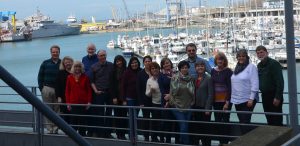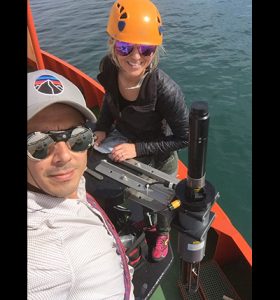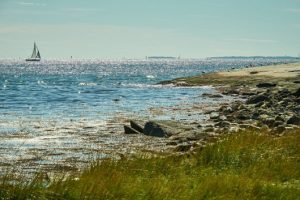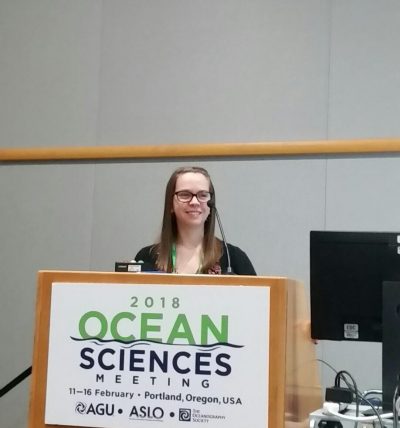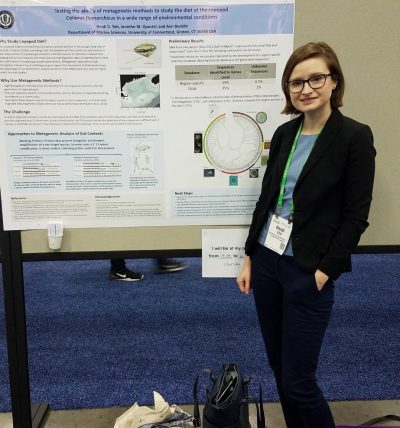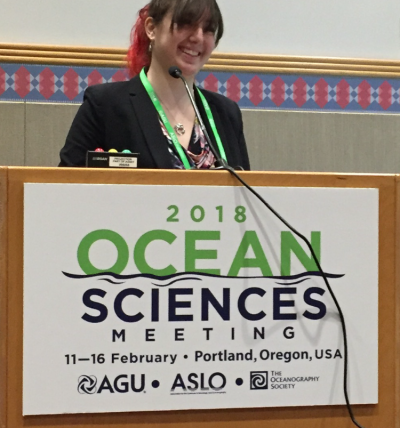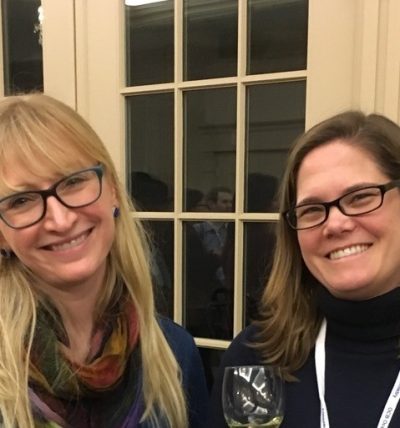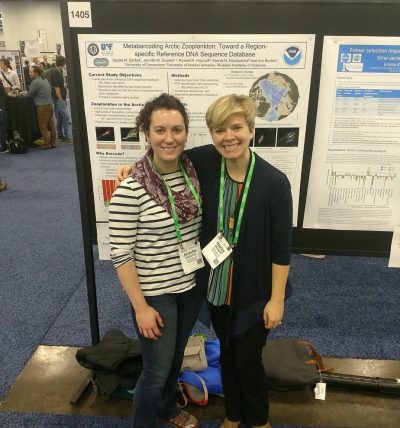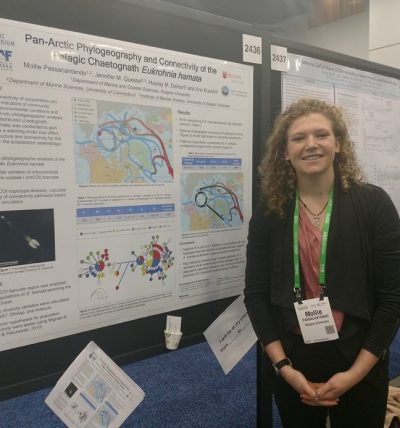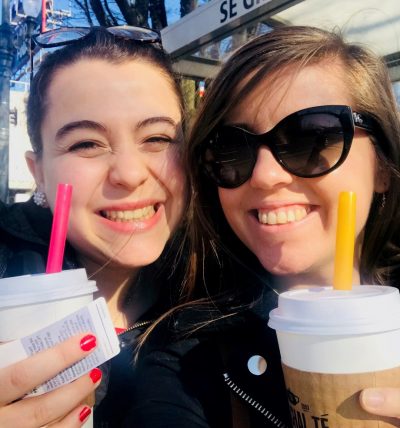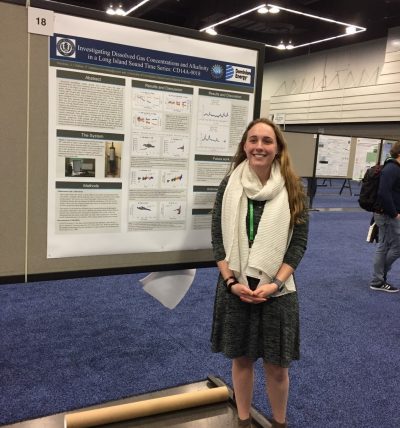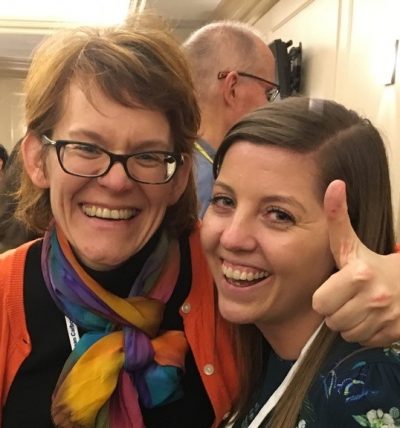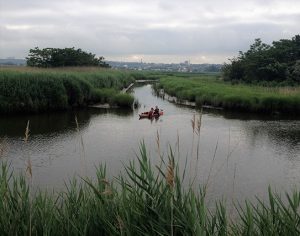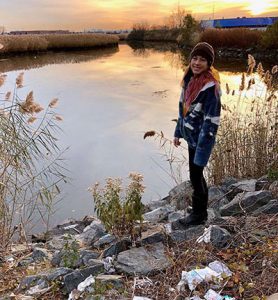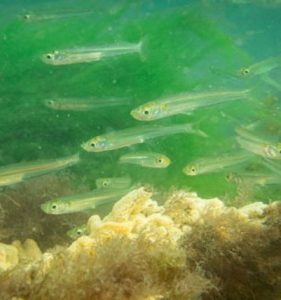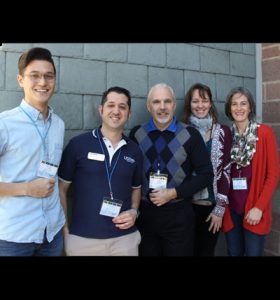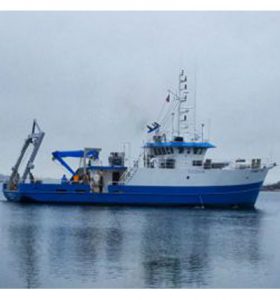Almost 30 members of the Department of Marine Sciences attended the 2018 Ocean Sciences Meeting in Portland, Oregon last month. The weeklong conference (February 11-16, 2018) brought together close to 4,000 attendees and covered all topics of oceanography, and other related fields. Many graduate students presented posters and gave oral presentations throughout the week. Professors, post-docs, and research staff presented their work as well. A handful also attended the 4th US Ocean Acidification PI Meeting held the days following the conference.
Following are those who attended:
Allison Byrd, graduate student
Steven Deignan-Schmidt, graduate student
Michelle Fogarty, graduate student
Jessica Hinckley, undergraduate student
Molly James, graduate student
Yan Jia, graduate student
Christopher Murray, graduate student
Veronica Rollinson, graduate student
Allison Staniec, graduate student
Qiang Sun (1) (2), graduate student
Heidi Yeh, graduate student
Alejandro Cifuentes-Lorenzen, postdoctoral research associate
Emma Cross, postdoctoral research associate
Hayley DeHart, research technician
Lindsey Potts, research technician
Jennifer Questel, postdoctoral research associate
Brandon Russell, former postdoctoral research associate
Peter L Ruffino, research technician
Sydney Twarz, research technician
Holly Westbrook, research technician
Hannes Baumann (1) (2) (3), assistant professor
Ann Bucklin, professor
Hans Dam, professor
James Edson, professor emeritus
Melanie Fewings, assistant professor
Julie Granger, associate professor
Edward Monahan, professor emeritus
Samantha Siedlecki, assistant professor
Penny Vlahos, associate professor
Michael Whitney, associate professor
